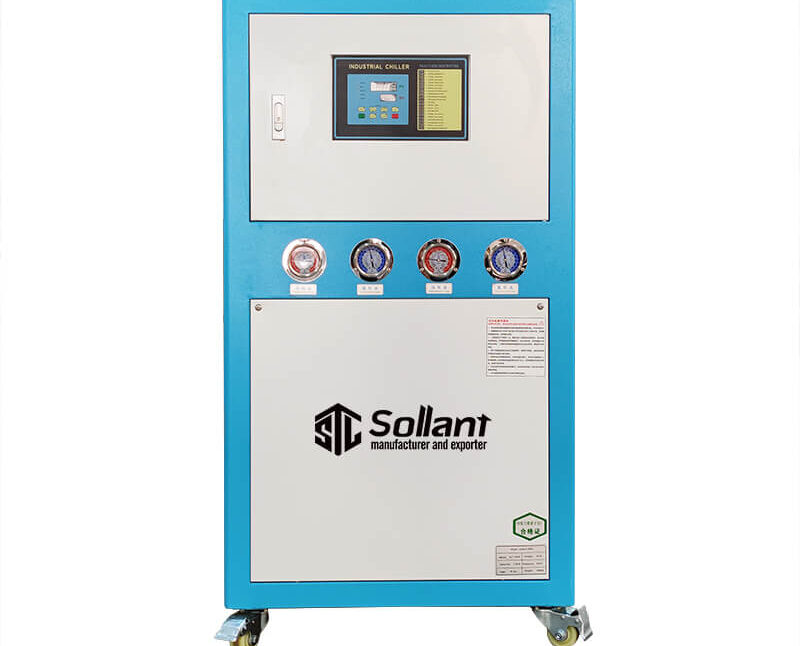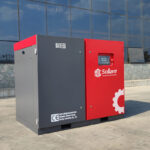As the world transitions to more sustainable energy sources, hydrogen has emerged as a promising alternative to traditional fossil fuels. Hydrogen is a clean, versatile, and abundant fuel that can be used in various applications, including transportation, power generation, and industrial processes. However, in order to store and transport hydrogen, it needs to be compressed to high pressures, which requires specialized equipment known as hydrogen compressors or H2 compressors.
Hydrogen compressors are designed to handle the unique properties of hydrogen gas, which include low viscosity, high reactivity, and low molecular weight. These compressors can achieve pressures of up to 10,000 psi, which is necessary for efficient storage and transportation of hydrogen. There are two main types of hydrogen compressors: piston compressors and diaphragm compressors.
Piston hydrogen compressors use a reciprocating piston to compress the hydrogen gas. These compressors are well-suited for high-pressure applications, but they require frequent maintenance and have a limited lifespan. Diaphragm hydrogen compressors use a flexible diaphragm to compress the hydrogen gas. These compressors offer a more compact and efficient design, but they are typically limited to lower pressure applications.
The growing hydrogen economy has created a demand for high-quality hydrogen compressors from reputable manufacturers. When selecting a hydrogen compressor, it’s important to consider factors such as operating pressure, flow rate, efficiency, and reliability. It’s also important to choose a supplier that can provide comprehensive after-sales support, including technical assistance, installation services, maintenance programs, and replacement parts.
Hydrogen compressors are essential equipment for the growing hydrogen economy, and they play a crucial role in enabling the widespread adoption of hydrogen as a clean and sustainable energy source. As hydrogen technology continues to advance, we can expect to see further innovations in hydrogen compressors, such as the development of more efficient and reliable designs that can handle higher pressures and flow rates.
Sollant Focus on Energy Saving



